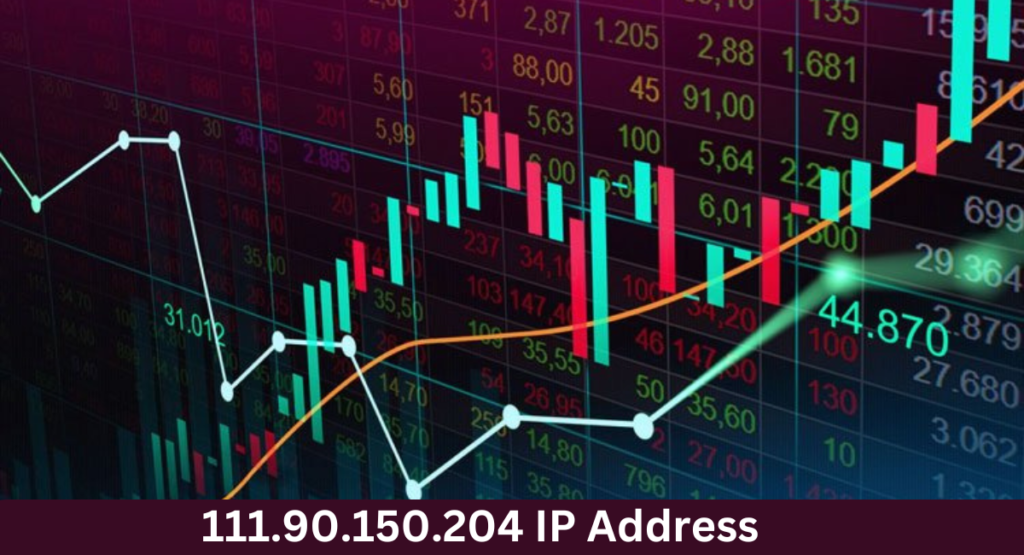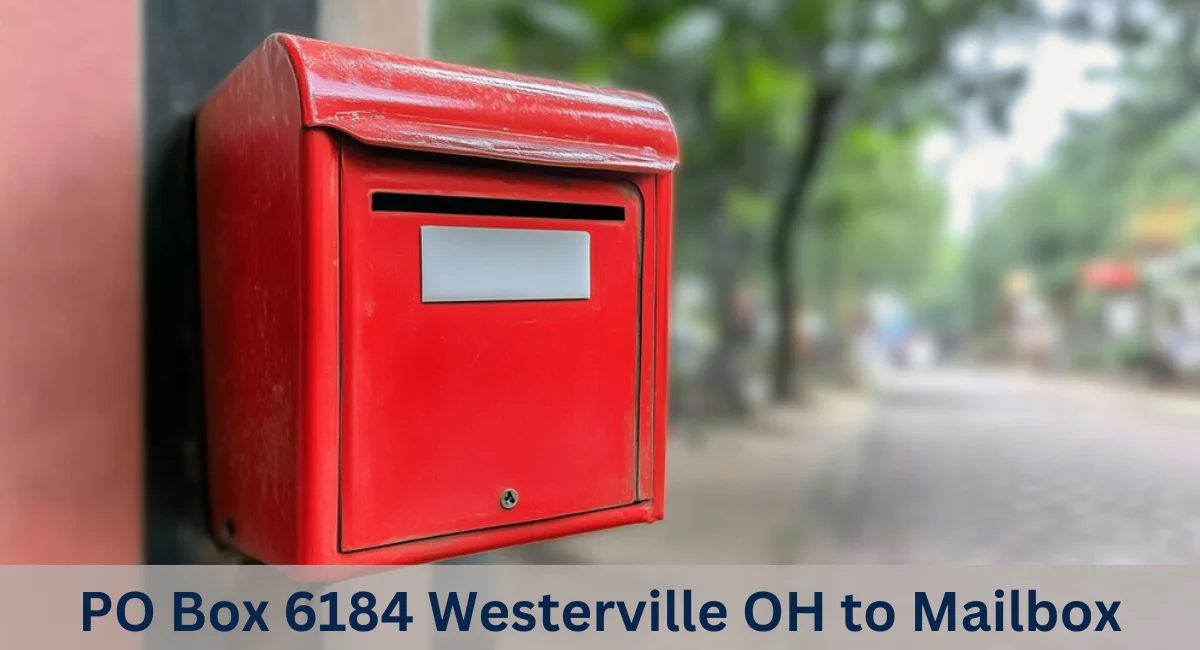IP addresses are essential components of the internet’s architecture, serving as unique identifiers for devices within a network. Among these, the IP address 111.90.150.204 is often discussed within the context of its specific uses and the security considerations surrounding it. This article delves into what 111.90.150.204 is, how it is applied in various settings, and the security measures necessary to protect networks and data.
What is an IP Address?
An Internet Protocol (IP) address is a numerical label assigned to each device connected to a computer network that uses the Internet Protocol for communication. IP addresses serve two main functions: host or network interface identification and location addressing. They come in two versions: IPv4 and IPv6. This article focuses on an IPv4 address.

Understanding IPv4
IPv4 addresses are composed of four numbers, each ranging from 0 to 255, separated by periods. For example, the IP address 111.90.150.204 falls under the IPv4 format. The four parts of the address represent different hierarchical levels within the network, allowing for efficient routing of data across the internet.
Exploring 111.90.150.204
General Information
The IP address 111.90.150.204 is a unique identifier within the IPv4 address space. It is assigned to devices or networks by Internet Service Providers (ISPs) or network administrators. Understanding its specific application depends on its allocation within a network or organization.
Common Uses
- Web Hosting: IP addresses like 111.90.150.204 are often used for web hosting services. Websites are assigned specific IP addresses, which users access through domain names. The IP address ensures that data packets reach the correct server when a user requests a webpage.
- Network Services: Businesses and organizations use specific IP addresses to provide various network services, including email servers, file transfer, and application hosting. An address like 111.90.150.204 can be used to manage these services efficiently.
- Remote Access: IP addresses facilitate remote access to networks and systems. Users can connect to a specific IP address to access files, applications, and other resources remotely. This is particularly useful for employees working from different locations.
- Security Monitoring: IP addresses are critical for monitoring network traffic and identifying potential security threats. Network administrators use IP addresses to track data flow and detect unauthorized access or suspicious activity.
- Geolocation Services: Certain services use IP addresses to determine the geographical location of a user or device. This information can enhance user experiences, such as providing location-based content or services.
Also Read: 10.0.0.1 Piso WiFi Pause | Https://www.microsoft.com/ink | Fixing “IndexError: List Index Out of Range” in Python
Security Considerations for 111.90.150.204
While IP addresses are fundamental to the functioning of the internet, they also pose certain security challenges. Here are some security considerations related to the IP address 111.90.150.204:
1. DDoS Attacks
Distributed Denial of Service (DDoS) attacks are a significant threat to IP addresses. Attackers flood the target IP with a massive amount of traffic, overwhelming the server and making it unavailable to legitimate users. Protecting the IP address from such attacks is crucial for maintaining service availability.
2. IP Spoofing
IP spoofing involves manipulating the source IP address in packets to disguise the sender’s identity. Attackers can use this technique to bypass security measures, making it difficult to trace the attack’s origin. Implementing robust security measures like IP whitelisting and firewall rules can help mitigate this risk.
3. Unauthorized Access
Without proper security measures, IP addresses can be vulnerable to unauthorized access. Attackers can exploit vulnerabilities in the network or the devices connected to it. Using strong authentication mechanisms and encryption can help protect the network and its devices.
4. Data Breaches
IP addresses can be used to identify and target specific devices or servers, leading to data breaches. Encrypting sensitive data and implementing strict access controls can help protect against such breaches.
5. Geolocation Exploitation
Attackers can use IP addresses to determine the geographical location of a device or network. This information can be exploited for targeted attacks or phishing campaigns. Using VPNs or other anonymization techniques can help protect the device’s location information.
Also Read: Denver Nuggets vs LA Clippers Match Player Stats | Lakers vs Sacramento Kings Match Player Stats | Orlando Magic vs Golden State Warriors Match Player Stats
Best Practices for Securing IP Addresses
To mitigate the risks associated with IP addresses, network administrators and users should implement the following best practices:
- Firewall Configuration: Configure firewalls to monitor and control incoming and outgoing network traffic based on predetermined security rules. Firewalls help protect networks from unauthorized access and cyber threats.
- Intrusion Detection and Prevention Systems (IDPS): Deploy IDPS to monitor network traffic for suspicious activity and potential security threats. These systems can automatically block or mitigate attacks.
- Regular Updates and Patching: Keep all network devices, applications, and security systems up to date with the latest patches and updates. This helps address known vulnerabilities and enhance overall security.
- Access Controls: Implement strict access controls to limit the number of users who can access sensitive systems and data. Use authentication and authorization mechanisms to ensure that only authorized users can access the network.
- Encryption: Use encryption to protect data transmitted over the network. Encryption ensures that even if data is intercepted, it remains unreadable to unauthorized users.
- IP Address Monitoring: Regularly monitor IP addresses for unusual activity or changes. This can help detect and respond to potential security threats promptly.
- Educate Users: Educate users about the importance of cybersecurity and the risks associated with IP addresses. Encourage safe browsing habits and the use of strong, unique passwords.
Conclusion
The IP address 111.90.150.204 plays a crucial role in modern networking, serving as a unique identifier for devices and facilitating various applications. However, it also presents potential security risks if not properly managed. By understanding the applications and security considerations associated with this IP address, network administrators and users can take proactive measures to enhance network control and flexibility while protecting against cyber threats. Implementing best practices for IP address security is essential for maintaining a safe and reliable network environment.










